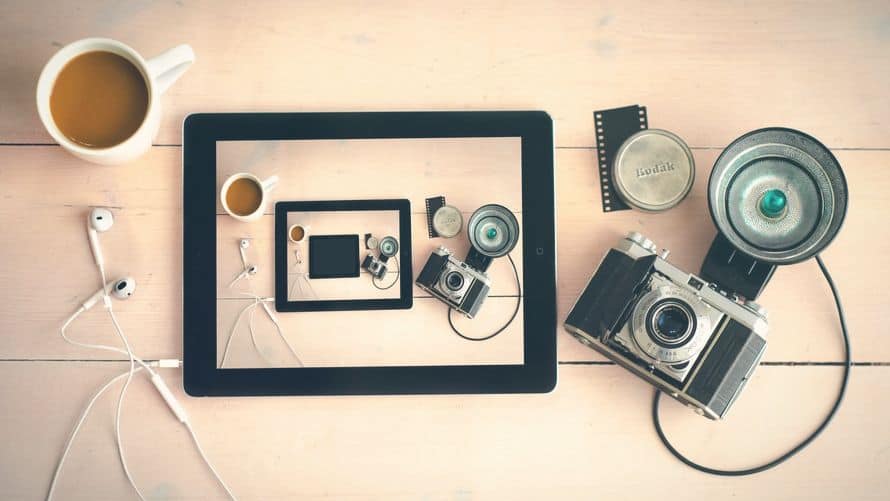The medium of film in e-learning
Be it personal or professional environments. Via classic channels such as movies or TV. Or mobile on-the-go, via tablet, cell phone etc:
A flood of video content accompanies us on our daily movements. In the field of training and higher professional qualification film has also long established itself as a learning medium.
Here, film itself plays only a small part in the overall context of so-called blended learning. It is yet to be seen in what way and to what integrative overall concept the medium of film will find its application in the field of learning 2.0.
Triggering emotions, increasing motivation. Depicting processes and content precisely. Completely individualized, practical and location independent. These are the classic core competencies of the established teaching video. But even here, the digital future has already arrived, enabling the learner to experience virtual environments via Augmented Reality. Hot topics here are Stereo 3D, Virtual Reality and Augmented Reality. These developments are supported by social networks like Facebook, Twitter, Instagram and Co., which complement the interactivity of the content further. A huge range of variably usable tools are emerging, which offer the chance to expand learning 2.0 to a new level in the near future. But there exists the danger of getting lost in the maze of new media and losing focus on the topic of learning. Therefore, it is all the more important to integrate the films as a meaningful part in a modular and holistic learning path structure.
In addition, learning as we know it has been under scrutiny for a while now. As part of an innovative, free and global learning culture, the internet as a platform hosts numerous so-called MOOCS (Massive Open Online Courses). They provide freely accessible teaching content. In most cases, content is delivered on the basis of video production in a variety of formats. Lifelong learning is therefore open to the public and completely independent of institutions such as schools and universities.
An interesting and entertaining contribution to the topic of future learning, offered from the Royal Society for the encouragement of Arts, Manufactures and Commerce (RSA), a published and animated speach from Sir Ken Robinson in 2008:
Ted Talk Ken Robinson
Another very humorous TED Talk by Salman Khan tells the story of a now highly successful, non-profit e-learning platform, the Khan Academy:
Ted Talk Salman Khan
One example of a MOOC e-learning platform is Iversity:
www.iversity.org
A powerful video content creation software (with a free trial) is Videoscribe:
www.videoscribe.co



